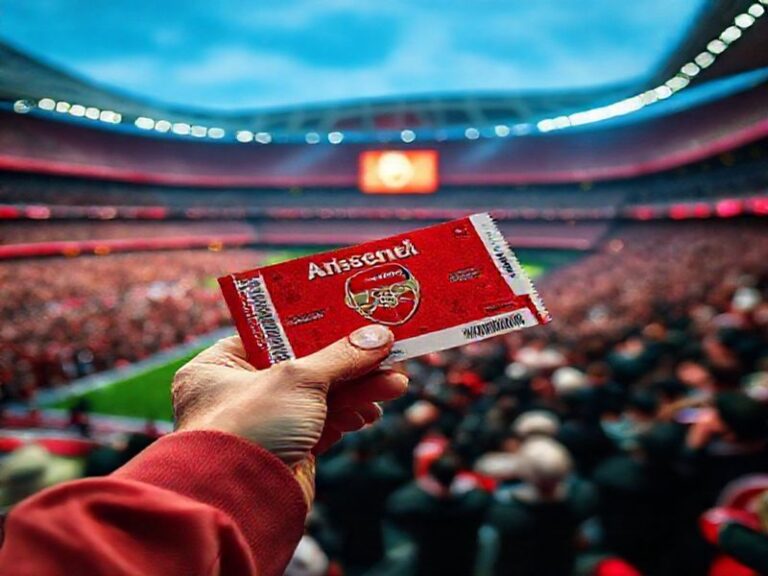Dodgers as World Power: How a Baseball Team Became a Global Hedge Fund with Bleachers
Dodgers Baseball: The Empire of Overpriced Sunscreen and Existential Dread
From the vantage point of a press box that smells faintly of garlic fries and the slow decay of hope, the Los Angeles Dodgers—once a humble Brooklyn trolley dodger and now a $4.8 billion global content platform—look less like a ball club and more like a geopolitical actor with cleats. On any given night, 53,000 souls cram into Chavez Ravine to witness a ritual that is part civic religion, part hedge-fund quarterly report. The rest of the planet watches on screens from Seoul to São Paulo, wondering whether this is sport, spectacle, or the final proof that late-stage capitalism can monetize even a seventh-inning stretch.
The Dodgers’ roster is a United Nations of exit velocities: Japanese ace Yoshinobu Yamamoto throws 97-mph cutters that violate at least three clauses of the Geneva Convention; Colombian slugger José Ramos launches baseballs into low-earth orbit, providing free advertising for whichever crypto exchange has bought the ballpark’s soul this fiscal quarter. Front offices in London, Dubai, and Singapore track each at-bat like commodity futures; a Mookie Betts opposite-field single can nudge the price of Dodger-blue licensed merchandise on Chinese e-commerce sites by two basis points. Somewhere in Davos, a junior analyst is writing a white paper titled “Shohei Ohtani as Soft-Power Instrument in the Indo-Pacific.” He will be promoted within the week.
The economic footprint is staggering. The team’s regional sports network, SportsNet LA, is unavailable to roughly 70 % of households in its own market—an achievement in inefficiency that Soviet central planners would salute. Meanwhile, the franchise’s global streaming rights feed a digital hydra: clips on TikTok rack up billions of views, each micro-dopamine hit monetized by a server farm in Iceland that runs on geothermal guilt. The Dodgers have become the rare export that America still excels at producing: engineered entertainment, packaged with just enough nostalgia to distract from the crumbling infrastructure visible beyond the outfield bleachers.
Internationally, the brand plays differently. In Japan, the team is a prestige item: limited-edition caps sell for the equivalent of a week’s wages, worn by teenagers who have never stayed up past the third inning but cherish the aura of imported cool. In Mexico City, where the Dodgers played a regular-season series last spring, fans chanted “¡Yo quiero mi equipo!” while concession stands hawked $18 micheladas to finance another round of luxury-tax penalties. The European press covers the club with anthropological curiosity, as if observing an obscure sect that worships Vin Scully and practices human sacrifice in the form of relief pitching.
And yet, beneath the LED scoreboard’s migraine-inducing brightness, there is a whispered dread. The Dodgers have not won a full-season championship since the pre-pandemic era—ancient history in an age where yesterday’s highlight is today’s meme template. Each October collapse is live-tweeted in seventeen languages, providing a rare moment of planetary schadenfreude. When the bullpen implodes, hedge funds short the team’s parent company; in Seoul, K-pop stans meme the meltdown into oblivion. Globalization, it turns out, is just a fancy word for synchronized disappointment.
Still, the show grinds on. Tonight, as first pitch approaches, the PA system blares a bilingual version of “Take Me Out to the Ballgame” that sounds suspiciously like a hostage negotiation. Fans—masked not for plague but for smog—file past security guards who double as Instagram influencers. The world watches, half-awake, scrolling between missile tests and climate horrors, soothed by the familiar cadence of a 3-2 count. For three hours, geopolitics is reduced to a hanging curveball, and the only existential question is whether the organist knows “Narco.”
In the end, Dodgers baseball is not about baseball. It is about the human need to package cosmic insignificance into nine tidy innings, complete with bobbleheads. The empire may teeter, the planet may smolder, but somewhere a 12-year-old in Lagos just watched Freddie Freeman turn on a slider and decided life might, improbably, go on. That, dear reader, is the most international—and the most terrifying—stat of them all.







